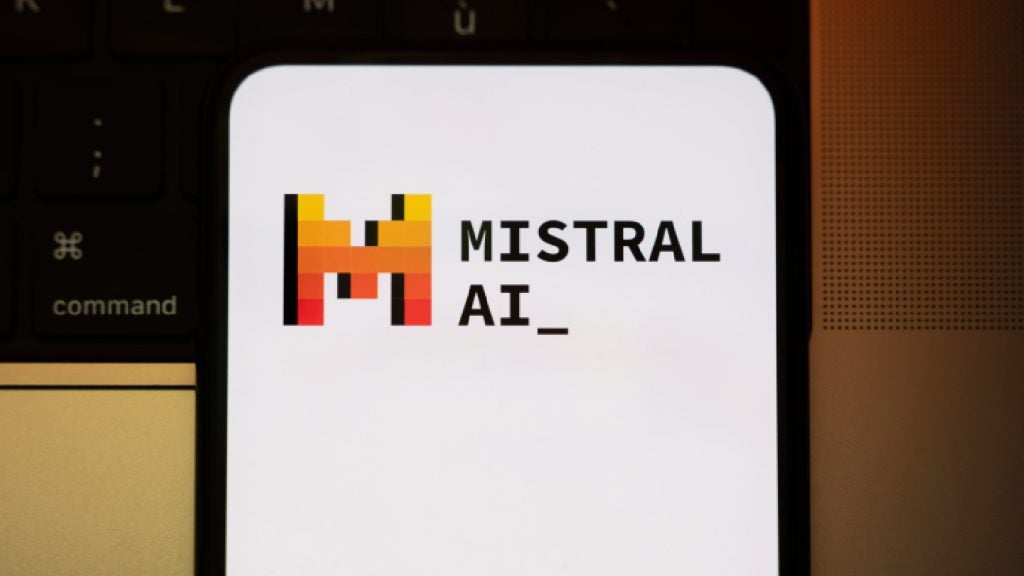Workiva has filed a patent for systems and methods for XBRL tag suggestion and validation. The invention involves using a trained machine learning model to analyze an XBRL document and generate suggested XBRL tags with corresponding confidence values. The assigned XBRL tags are then compared to the suggested tags to determine a tag confidence value for each assigned tag. The confidence values are categorized as high, medium, or low. GlobalData’s report on Workiva gives a 360-degree view of the company including its patenting strategy. Buy the report here.

Access deeper industry intelligence
Experience unmatched clarity with a single platform that combines unique data, AI, and human expertise.
According to GlobalData’s company profile on Workiva, Intelligent voice assistant was a key innovation area identified from patents. Workiva's grant share as of September 2023 was 68%. Grant share is based on the ratio of number of grants to total number of patents.
Systems and methods for xbrl tag suggestion and validation
A recently filed patent (Publication Number: US20230297763A1) describes a method implemented on a computer system for analyzing and assigning XBRL tags to documents using machine learning. The method involves receiving an XBRL document associated with assigned XBRL tags and analyzing it using a trained machine learning model. The analysis generates suggested XBRL tags and corresponding confidence values. The assigned XBRL tags are then compared with the suggested tags to generate comparison results. Based on these results, a tag confidence value is determined for each assigned tag, which falls into one of three confidence categories: high, medium, or low.
The method also includes generating a representation of the tag confidence value, which may include an indication of the confidence category. For example, a low confidence category may be represented by a specific color. Additionally, a representation of the XBRL document is generated, including the assigned XBRL tags and their corresponding tag confidence values. The XBRL document may consist of multiple sections, with each assigned tag associated with a specific section and its suggested tags.
The trained machine learning model used in this method is trained using a variety of XBRL datasets. These datasets may include row headers and table types, which are represented by dense vectors. This training allows the model to accurately predict XBRL tags for new documents.
Another aspect of the method involves receiving a plurality of XBRL datasets, a machine learning model trained using these datasets, and a document. The machine learning model is then used to predict XBRL tags associated with the document. Confidence values are determined for each predicted tag, with each value falling into one of the confidence categories. In this case, the confidence categories include a high confidence category for values above 40%.
The method also includes identifying tagging sections in the document and associating each predicted tag with a specific section. A multivariable function is applied to the XBRL document to determine the confidence values. A representation is generated, indicating the labels and a portion of the confidence values, with each label associated with a predicted XBRL tag. Additionally, a set of XBRL tags is selected based on the confidence values, and a representation of the selected tags is generated.
Overall, this patent describes a method for analyzing and assigning XBRL tags to documents using machine learning, providing confidence values and representations to assist in the tagging process.
To know more about GlobalData’s detailed insights on Workiva, buy the report here.
Data Insights
From

The gold standard of business intelligence.
Blending expert knowledge with cutting-edge technology, GlobalData’s unrivalled proprietary data will enable you to decode what’s happening in your market. You can make better informed decisions and gain a future-proof advantage over your competitors.







